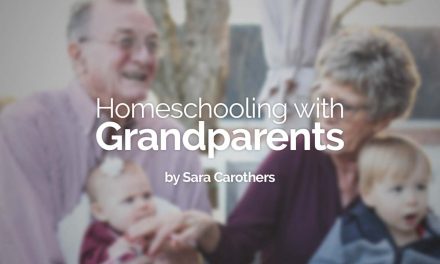There’s more than one way to help children find the joy in reading. Often, to encourage a student in reading our first go-to is fiction. Not every child, however, responds well to that genre. One of my children detested fiction. He only wanted to read about REAL stuff and KNOW things. Sound familiar? Maybe your reluctant reader balks at stories, too.
Try a nonfiction series. We have found that many early readers who find fiction a bore will really engage with nonfiction. Nonfiction is a broadly diverse category with so much to choose from. For the next few months, we’ll highlight a different type of nonfiction. Let’s look first at biography. As a student, biography made me sigh heavily. So tiresome! I was one of those who was personally quite content and thriving in fiction land—and wouldn’t minded staying there. But there are truly significant benefits to introducing children to those who have influenced history for good. Biographies can open the door for some real-life exciting reading. And, research show that this genre benefits a reader well beyond just the reading itself.
Biographies:
- Make history real. From a young person’s perspective, old is old. Anyone born before them is fairly beyond understanding. Frankly, anything labeled “history” often fits in the same category as some fictional tale. Real people living real lives provides perspective and makes the past—and their own future—come more alive.
- Connect with a child’s interest. Introducing your child to someone who shares an interest will spark even more inquisitiveness and their desire to read. If your child is a music fan, link the musician with his songs. Introduce, for example, a biography about Louis Armstrong and then listen to his music. If your child is fascinated with astronomy, a biography of a NASA scientist will encourage further interest in the world beyond.
- Model good character and wisdom. It’s inspiring to see people who shine, who make good choices independent of their situations. Biographies provide role model examples and inspiration. We learn from example so much better than being told what to do. We naturally emulate others’ actions. Nobody’s perfect, so there will commonly be good characteristics to consider alongside the bad. Seeing the consequences of even wrong choices, however, can also positively direct us.
- Demonstrate how to respond to personal challenges. Is your child shy? Do they have learning or physical challenges? Is there something that seems impossible? Reading how others have managed and perhaps overcome similar challenges helps us realize we aren’t alone, and the challenge doesn’t have to be overwhelming. Learning how others have triumphed encourages us to imagine our own possibilities and set goals.
- Help practice empathy. We tend to live in a very small circle: my family, my neighborhood, my town. Learning about others’ experiences and circumstances helps us understand them. We are introduced to their disappointments, challenges and joys. What is it like to live in another culture, country, or time? They will discover that others living far away also face challenges—perhaps the same or somewhat different from their own.
Let’s not limit options when it comes to stimulating or broadening a child’s interest in reading. Even if your child loves to read, reading biographies will also help them transition from learning to read to reading to learn. And that goal is a treasure in itself. ~ Ruth
Biographies or Biography Series to Check Out:
History’s Famous Friendships Series
Introducing Famous Americans Series
Extraordinary Life of… Series
Who Was? Biographies Series





